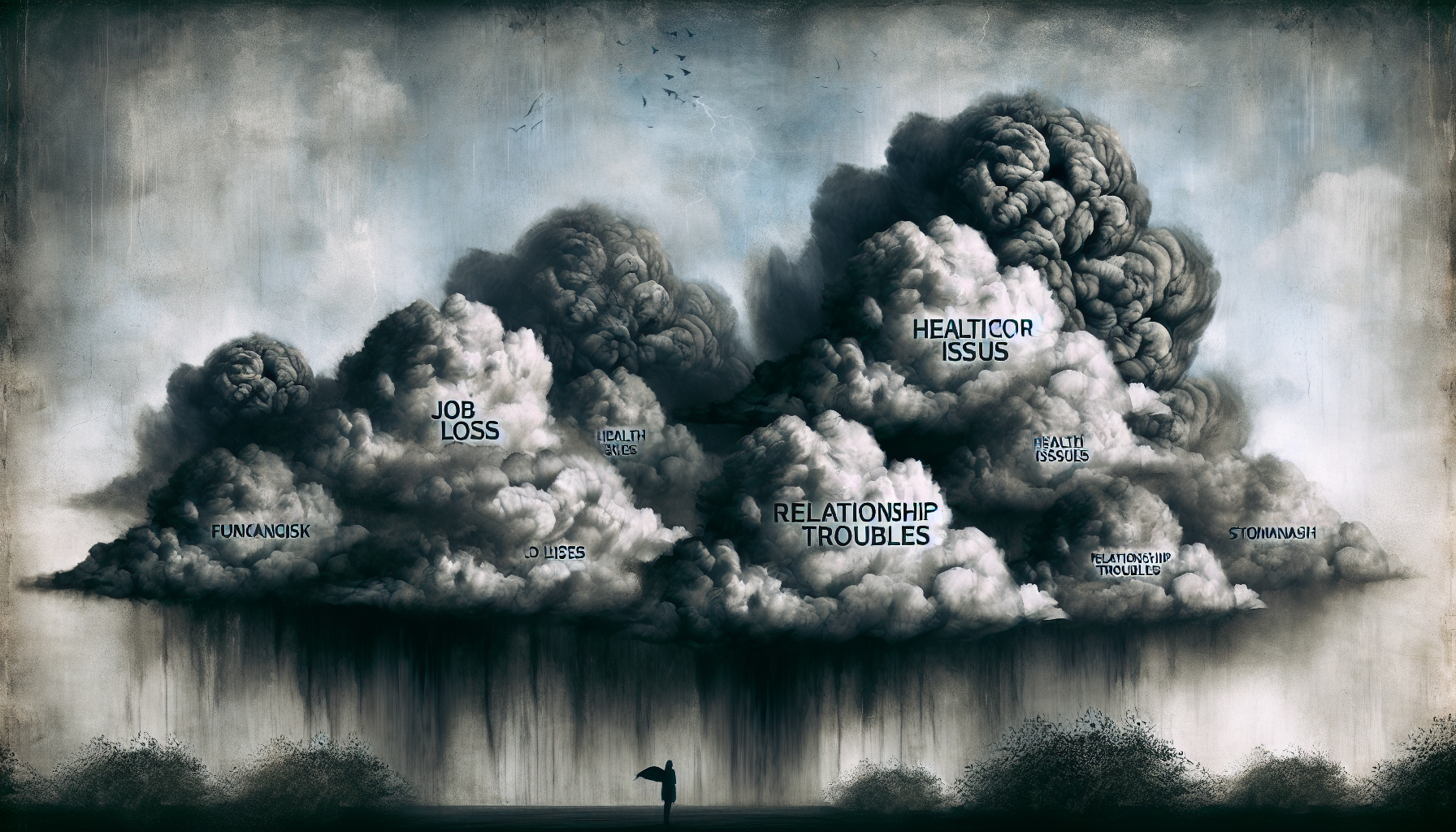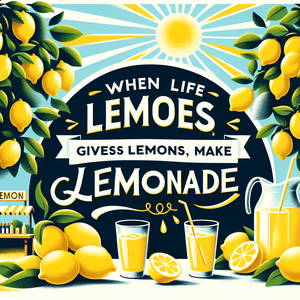The Art of Dumpster Diving in Chicago

Dumpster diving in Chicago reflects a larger societal shift toward sustainability and resourcefulness. As the cost of living rises and environmental concerns deepen, more individuals are looking for ways to reduce waste and make the most of what is available. This practice has gained traction not only among those facing economic challenges but also among artists who find inspiration in the discarded materials around them, creating stunning pieces that challenge perceptions of value and waste.
Community Engagement and Workshops
In neighborhoods like Logan Square and Pilsen, dumpster diving has evolved into a community activity. Local artists often host workshops where they teach others how to transform found objects into art. These gatherings foster a sense of camaraderie and shared purpose, allowing participants to bond over their experiences and discoveries. The act of diving is not merely about the items recovered; it’s about forming connections and building a community centered around sustainability and creativity.
The Role of Activism
Activists, too, are harnessing the power of dumpster diving to advocate for a more sustainable lifestyle that minimizes consumption. By highlighting the importance of reusing and repurposing items, they challenge the throwaway culture prevalent in modern society. Through organized events and campaigns, these activists promote awareness of waste management issues, encouraging citizens to rethink their consumption patterns and embrace a more sustainable future.
Practical Tips for Safe and Ethical Diving
While dumpster diving can be an exciting adventure, it’s essential to approach it with caution and respect. Here are some practical tips for those interested in trying their hand at this unique practice: 1. **Know the Law**: Before diving, familiarize yourself with local laws regarding trespassing and scavenging. While many areas allow for dumpster diving, some private properties may have restrictions. In Chicago, it’s generally considered legal to dive in public spaces. 2. **Choose Your Spots Wisely**: Look for businesses known for discarding usable items, such as grocery stores, bakeries, and furniture retailers. Areas near universities or large urban centers often yield the most finds. Research local hotspots through community forums or social media groups. 3. **Go with a Buddy**: Diving in pairs or groups not only enhances safety but also makes the experience more enjoyable. It’s also wise to have someone on lookout while you explore. 4. **Dress Appropriately**: Wear sturdy clothing and gloves to protect yourself from sharp objects and dirt. Comfortable shoes are also essential for navigating urban environments. 5. **Be Respectful**: Always leave a location cleaner than you found it. Respect the property and the people around you, and avoid causing disturbances. This helps maintain a positive image of dumpster diving within the community. 6. **Share Your Finds**: Consider sharing your treasures with others or donating items you won't use. This reinforces the community aspect of diving and promotes a culture of sharing.
Supporting Examples and Evidence
Numerous Chicagoans have successfully turned dumpster diving into a source of creativity and community engagement. For instance, local artist Amanda Williams has gained recognition for her installations made from found materials. By transforming discarded items into thought-provoking art, she challenges viewers to reconsider their relationship with waste. Williams often invites community members to contribute to her projects, fostering collaboration and collective expression. Additionally, organizations like the Chicago ReUse Exchange have emerged to facilitate the sharing of salvaged materials among artists and community members. This platform allows individuals to donate and exchange items that would otherwise end up in landfills, further promoting sustainability and creativity in the city. Such initiatives not only provide resources for artists but also raise awareness around the importance of repurposing materials to reduce waste. Moreover, companies like **Waste Management, Inc.** and **Republic Services** are actively involved in promoting recycling and waste reduction strategies throughout Chicago. Their programs often emphasize the value of reusing materials and contribute to local community cleanup initiatives, aligning with the principles of dumpster diving.
The art of dumpster diving in Chicago is more than just a quirky trend; it is a movement that embodies resourcefulness, creativity, and community. As artists and activists redefine the narrative around waste, they provide valuable insights into the potential of discarded items and the importance of sustainable practices. By embracing dumpster diving, individuals not only discover treasures but also contribute to a larger conversation about consumption, waste, and environmental responsibility. In a city filled with stories waiting to be uncovered, dumpster diving invites all to join in the exploration of what can be salvaged and transformed, both literally and metaphorically. As this movement continues to grow, it challenges us to think critically about our relationship with waste and inspires us to create a more sustainable future.
Sustainability Coordinator
Chicago Department of Environment
Core Responsibilities
Develop and implement sustainability initiatives within communities and organizations, focusing on waste reduction and resource management.
Organize workshops and educational programs to raise awareness about sustainable practices, including dumpster diving and recycling.
Required Skills
Strong communication and public speaking skills for community engagement.
Experience with project management and a background in environmental science or sustainability.
Community Outreach Specialist
Friends of the Chicago River
Core Responsibilities
Foster relationships with local residents, businesses, and organizations to promote community engagement in sustainability efforts.
Plan and execute outreach events that educate the public about waste management and the benefits of repurposing materials.
Required Skills
Proficiency in social media and marketing strategies to effectively reach diverse audiences.
Knowledge of urban environmental issues and community organizing techniques.
Environmental Artist
Chicago Artists Coalition
Core Responsibilities
Create art installations using repurposed materials, focusing on themes of sustainability and waste reduction.
Collaborate with local communities to involve them in the artistic process, using found objects to reflect community narratives.
Required Skills
Strong artistic skills in various mediums, along with experience in community engagement and public art projects.
Understanding of eco-centric art practices and environmental issues.
Waste Diversion Specialist
Waste Management, Inc.
Core Responsibilities
Analyze waste streams and implement strategies to minimize waste through recycling and repurposing initiatives.
Work with businesses and local governments to develop waste reduction programs, including promoting practices like dumpster diving.
Required Skills
Strong analytical skills with an understanding of waste management policies and practices.
Experience in environmental consulting or a related field.
Urban Gardener/Forager
Growing Power
Core Responsibilities
Engage in urban farming and foraging practices, utilizing discarded materials for gardening and food production.
Teach community members about sustainable food practices and the benefits of reusing materials in urban environments.
Required Skills
Knowledge of permaculture principles and urban ecology.
Experience in horticulture and a passion for community education.


